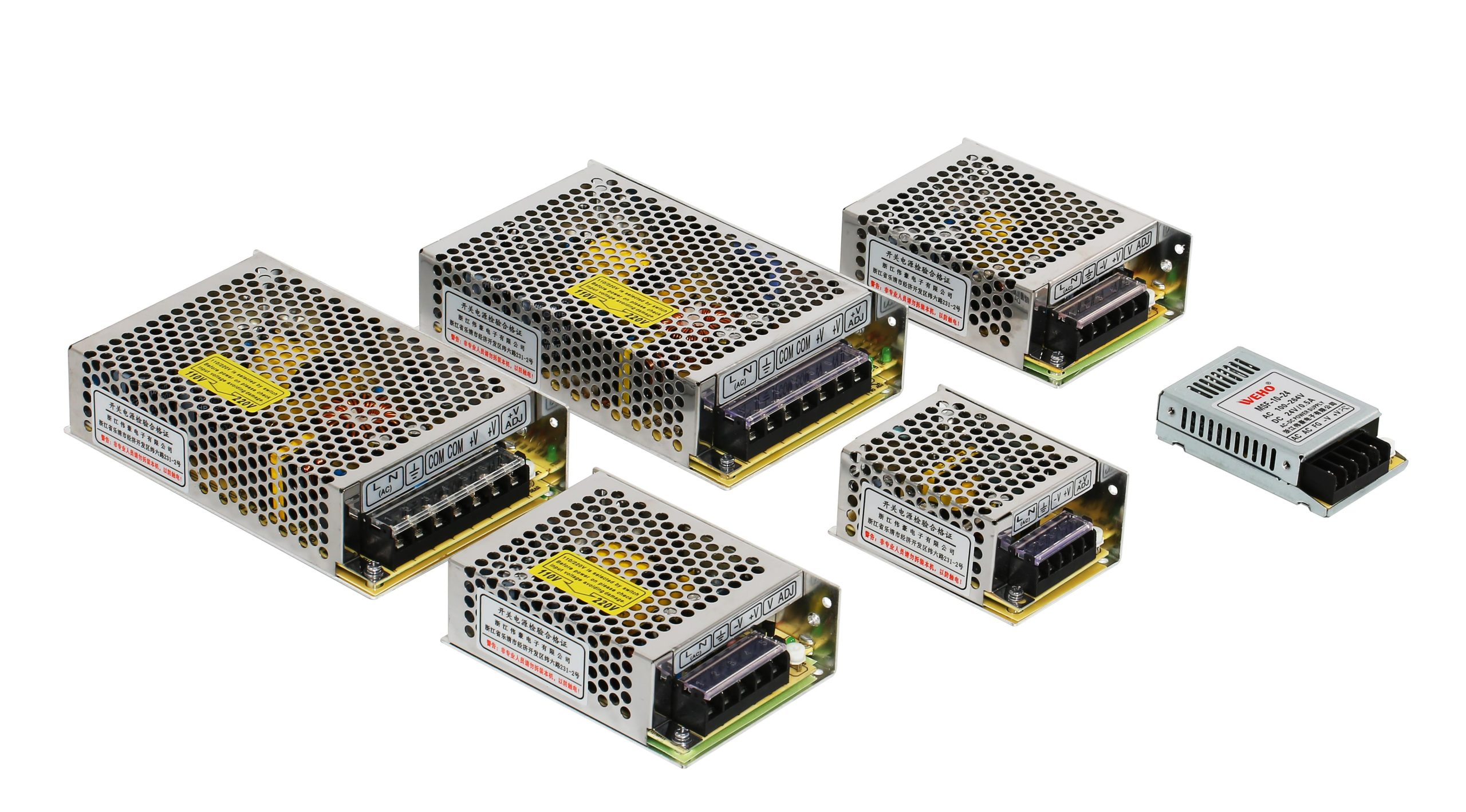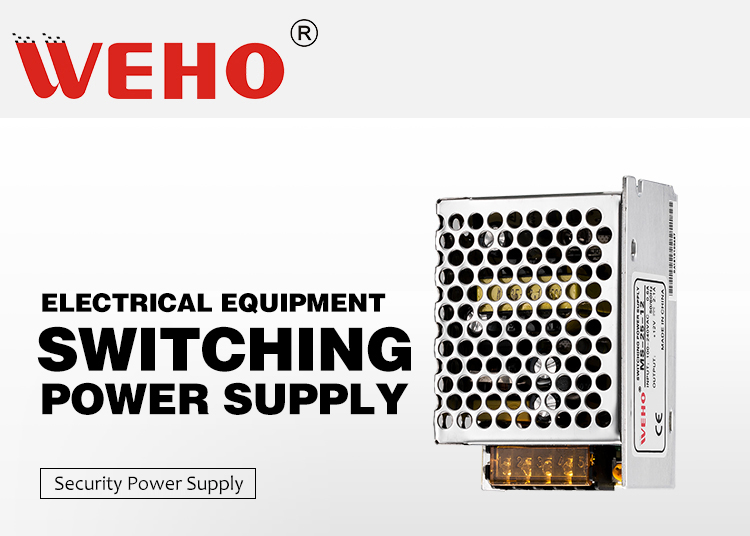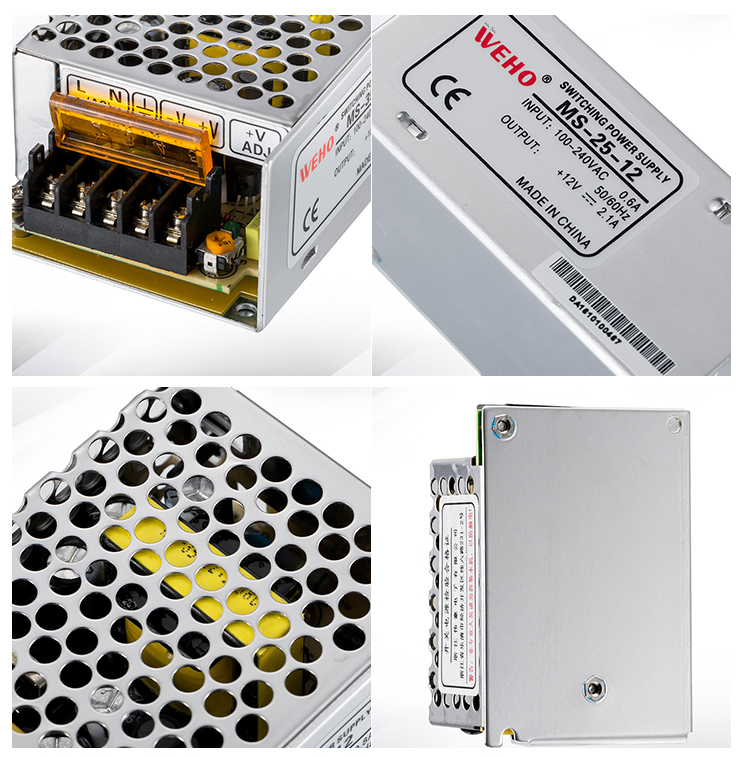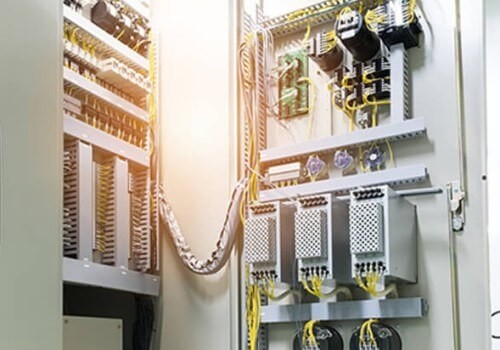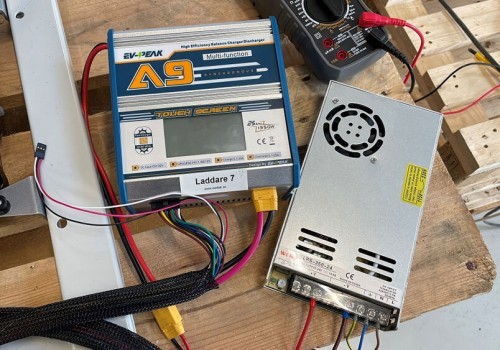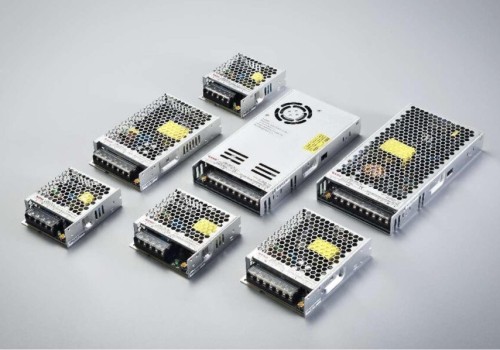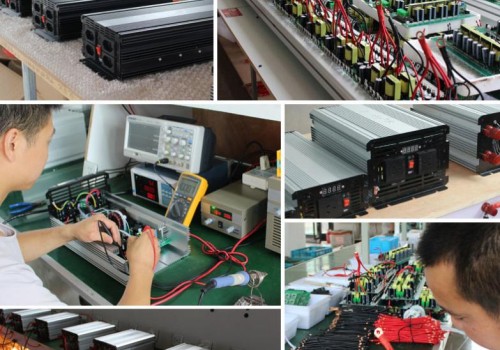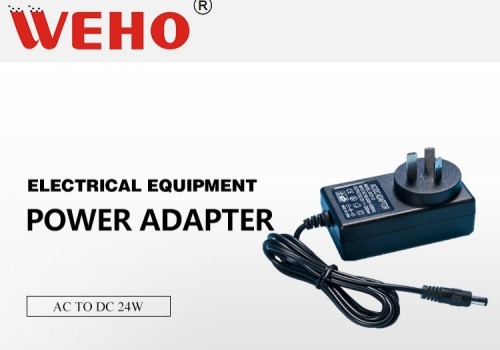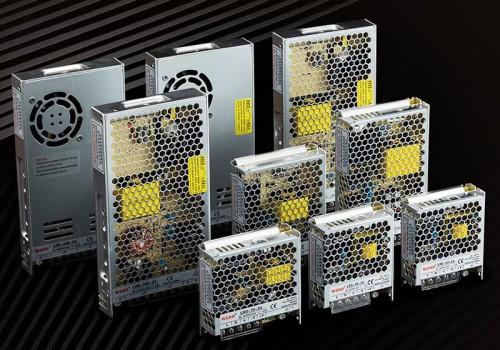Selecting the correct security power supply is critical to ensuring uninterrupted operation of security cameras, sirens, access control systems and other critical components. In this comprehensive guide, we’ll walk you through everything you need to know to choose the perfect safe power supply for your needs.
Understanding the Basics of Security Power Supply
Before we dive into the specifics of choosing a security power supply, let’s establish a solid understanding of what it is and why it matters.
A security power supply, also known as a power distribution unit (PDU) or power distribution box, is a device that provides electrical power to various security system components, such as cameras, access control panels, and alarms. It takes power from a primary source (usually your building’s electrical grid) and distributes it to multiple devices.
Here’s why choosing the right power supply is crucial:


